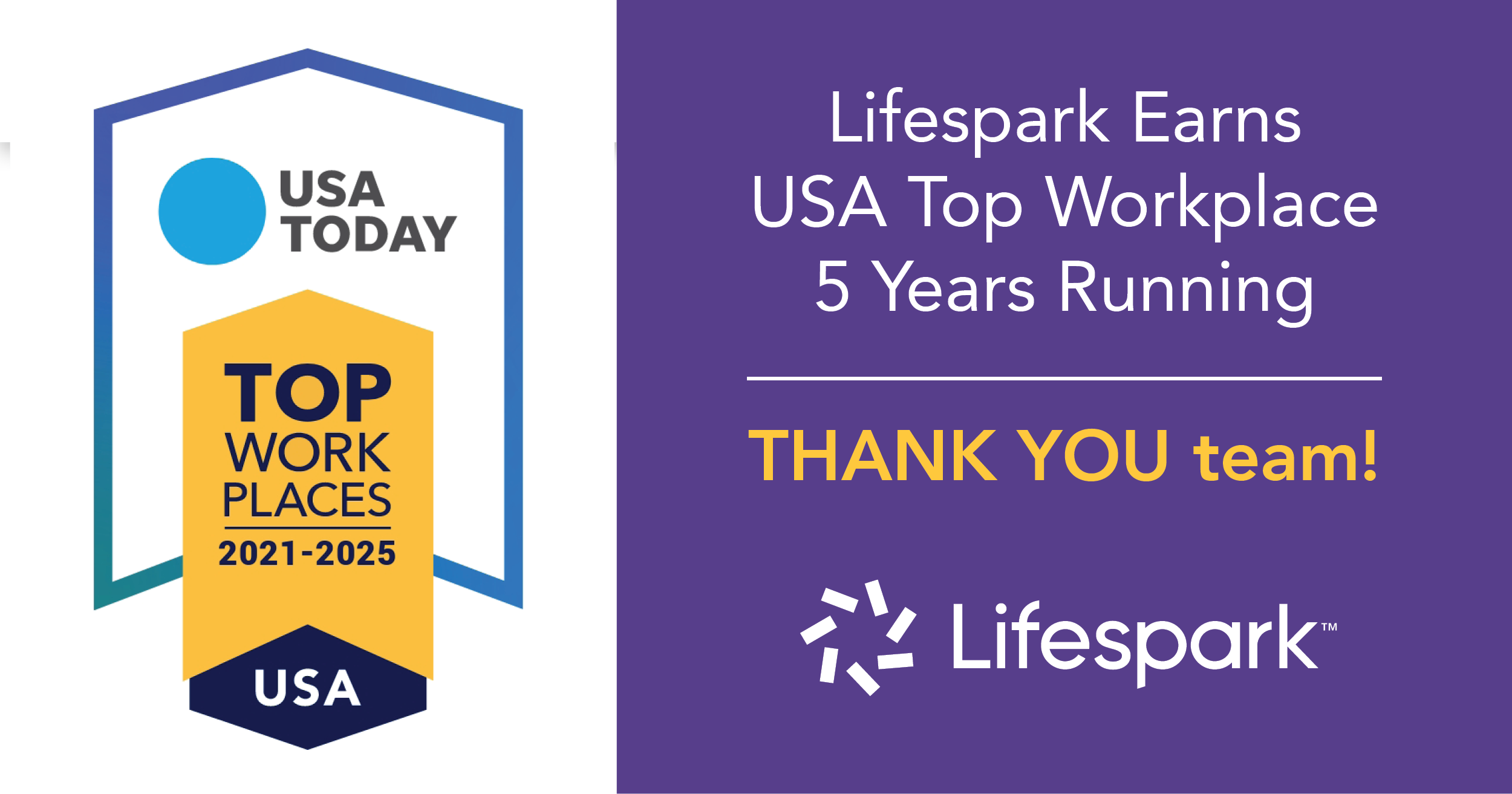
Crises don’t have timeframes – they just happen, whether you’re prepared for them or not. To safeguard what’s important to you and proactively plan for the future so your loved ones aren’t left wondering what you would want, take the initiative now and complete a health care directive.
Used only when you are seriously ill, injured or when you can’t speak for yourself, a health care directive is an officially recognized document that combines a health care agent with a living will, documenting and safeguarding your desires. While 88% of people are comfortable talking about starting the health care directive conversation, only half actually complete one.
To help start the conversation and document your wishes, consider these tips from The University of Minnesota’s Health Care Directive planning toolkit:
- Choose an agent – choose one or two people you trust to make decisions on your behalf. This could be a child, spouse or power of attorney, for example.
- Create a list of instructions for people to follow about your health care – include things like your values and beliefs, what do you want and not want, views about medical treatments or situations, DNR (do not resuscitate) or DNI (do not intubate) measures, donation of organs, etc.
- Outline health care goals – how important is pain control, life-prolonging treatments, finances and health care and end-of-life situations?
- Write down specific information important to you – religious affiliations, church/minister with whom you have a relationship if a consult is needed.
Your loved ones want to know – do you have a health care directive? Or have you been in a situation where you wished you had the conversation sooner?
Ready to start? Download a copy of the health care directive planning tool kit here or talk to one of our Life Care Managers who can guide you through the process and answer any questions.
Plan On!




